eu-citizen.science blog
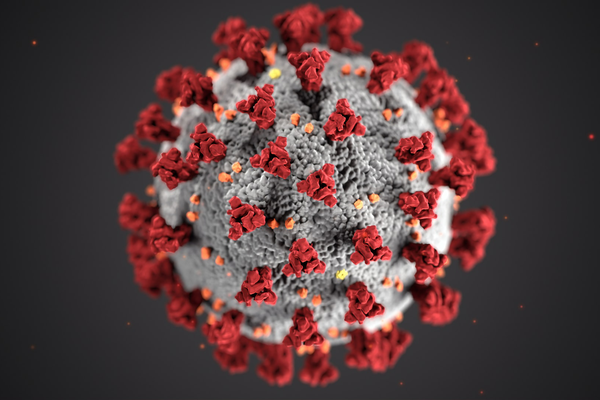
CS Track project Feb. 28, 2022, 3:10 p.m.
12 recommendations for addressing future challenges through citizen science
The COVID-19 pandemic exposed an opportunity to improve the outcomes of citizen science in response to emerging challenges.
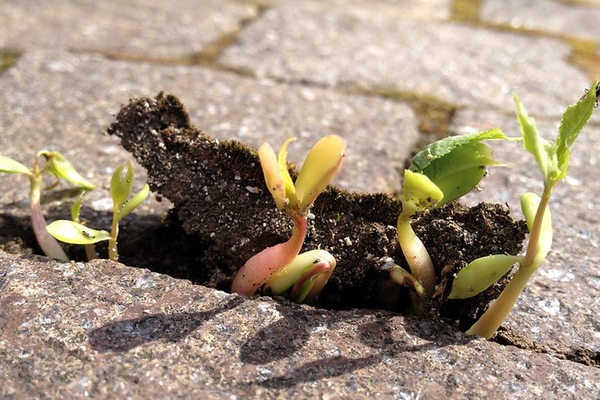
Simona Cerrato Feb. 8, 2022, 7 p.m.
The potential of citizen science in the social sciences and humanities
The power of interdisciplinarity can manifest itself in a striking way in the emerging field of citizen science in the social sciences and humanities. Citizen science has found and still finds its most rooted and widespread expressions in the natural sciences. Yet the social sciences and humanities are gaining ground and increasing recognition.
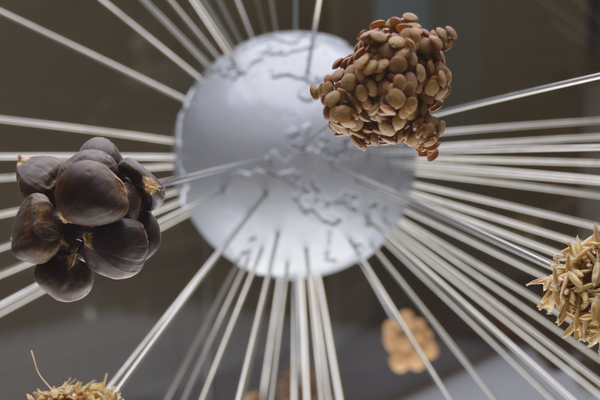
Simona Cerrato Jan. 24, 2022, 2:35 p.m.
Citizen science: a powerful way to new learning experiences
Citizen science is one of the most promising approached of public engagement in science and technology as it allows for the creation of authentic and lasting alliances between research and society, and its potential for education are now being explored. Yet on this path, many challenges must be faced. What can we learn from the experiences until now?
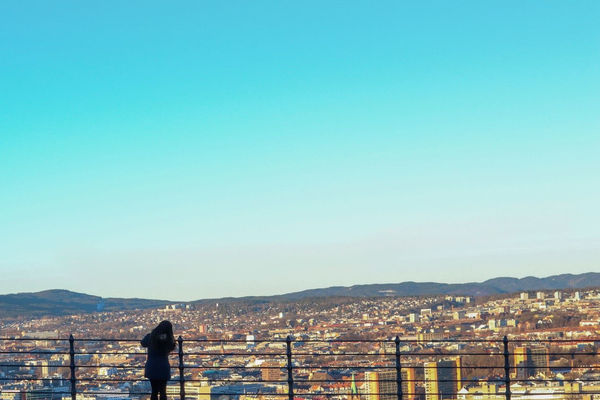
EU-Citizen.Science Jan. 18, 2022, 10:50 a.m.
Nine projects will be continuing their actions in 2023 and beyond
Nine projects are still at their beginning and will be present in the citizen science landscape until at least 2023.
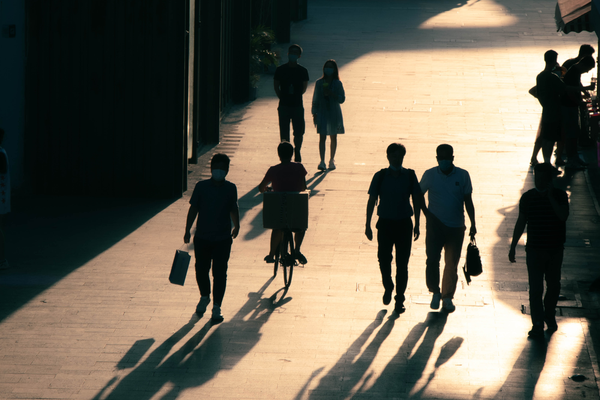
EU-Citizen.Science Jan. 18, 2022, 10:32 a.m.
Five citizen science projects will finalise their action in 2022
Five of our sister projects are entering into their final months.

EU-Citizen.Science Jan. 18, 2022, 9:56 a.m.
Citizen Science projects that have completed their journey
In 2021 (and early 2022), three EU citizen science projects have finalised their actions and came to an end: WeCount, MICS and ACTION.
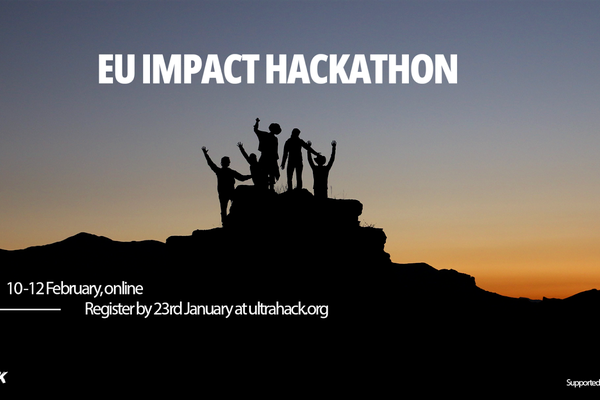
Simona Cerrato Jan. 17, 2022, 12:37 p.m.
CitizensHack2022: citizens and researchers together for a better research and innovation
Are you interested in creating change in your city? Are you interested in getting data from grass-root level for your research through co-creation? Are you interested in research strategies that help to turn scientific knowledge into solutions for society, economy, and policy? This hackathon is a great opportunity to do all of that.
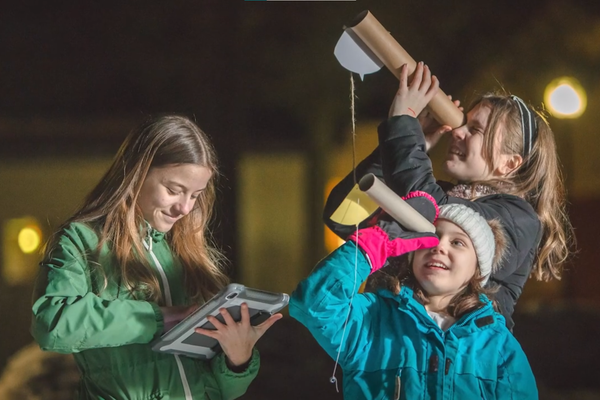
EU-Citizen.Science Dec. 9, 2021, 2:09 p.m.
Besides EU-Citizen.Science, what have our partners been up to?
Over the 3 years of our project, our partners have also been involved in local citizen science projects. Let’s have a tour of Europe and visit some of our partners that agreed to explain their activities.
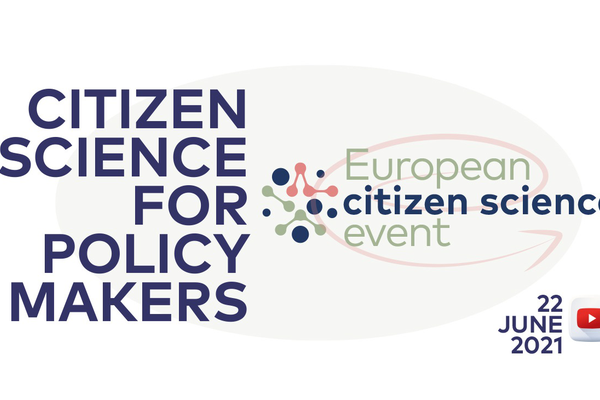
EU-Citizen.Science Nov. 17, 2021, 12:58 p.m.
Brief Policy Report of the High-Level Policy Event Citizen Science for Policy across Europe
We are thrilled to announce the publication of the Brief Report of the High-Level Policy Event Citizen Science for Policy across Europe, which was held online on June 22nd 2021. This document will be presented and discussed at the upcoming EU-Citizen.Science-ACTION final conference on 24-25 November.
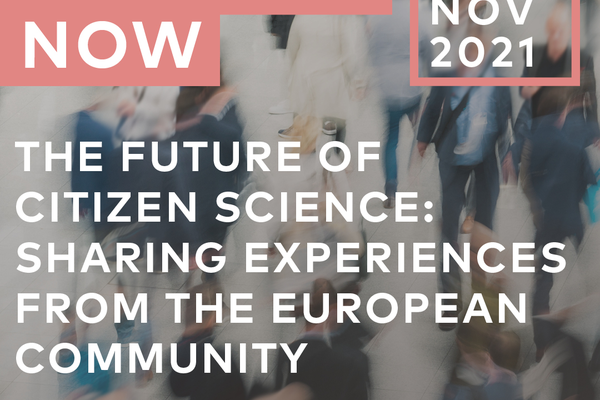
EU-Citizen.Science Nov. 3, 2021, 9:12 a.m.
The future of citizen science: sharing experiences from the European community
EU-Citizen.Science is holding its final conference in collaboration with the ACTION project on 24th and 25th November 2021.
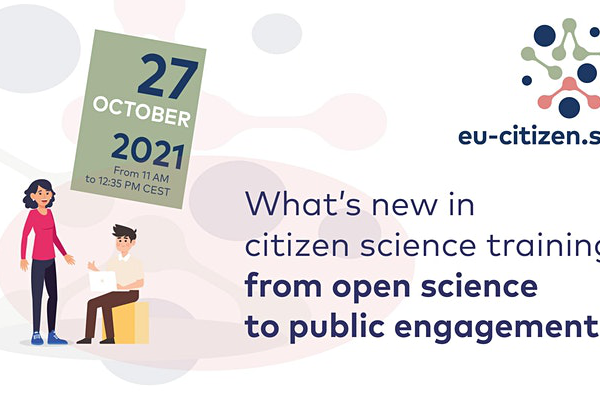
EU-Citizen.Science Oct. 5, 2021, 2:54 p.m.
What’s new in #CitizenScience training: from Open Science to Engagement
Join us for our upcoming event to discuss citizen science training resources & novelties on the platform!

EU-Citizen.Science Sept. 15, 2021, 1:39 p.m.
Join the German Citizen Science Strategy 2030 and take part in the development of the White Paper!
In order to develop the Citizen Science Strategy 2030, the WG White Paper was initiated as a bottom-up network by various organisations in April 2020. All citizens are now invited to comment on the resulting White Paper.